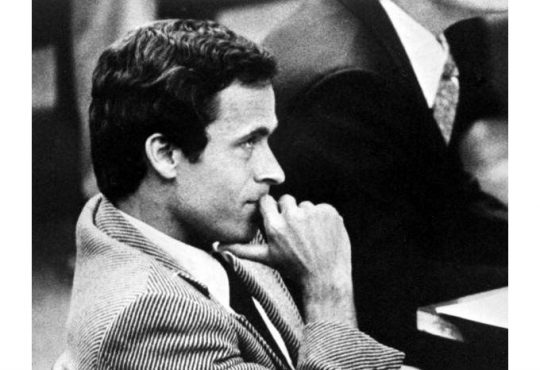
When most of us recall the iconic opening chords of the song “Smells Like Teen Spirit,” the first legend we think of is Kurt Cobain. No one thinks instead of the man who put that name in our heads to begin.
Director and producer Marq Evans’ documentary film The Glamour and the Squalor lets viewers in on the life of revolutionary Seattle radio DJ Marco Collins and it is clear how, by unleashing 90s legends onto the mainstream music scene, he created a legend of his own.
In the film, Collins’ story is told with humor, a punk rock attitude and enough sweetness and drama for the audience to emotionally invest themselves in Collins’ story. The film begins to tackle its topic from a grand scale, showing Collins’ impact on the world before, hinting at the personal before fully moving into it. His life story aligns greatly with a rock-star style mythos, without ever straying too far into hyperbole or melodrama. Collins and his friends are able to tell their stories in a personable enough way to bridge the gap between the relatable and the fantastic.
While artfully done, Squalor never takes itself too seriously, which works to its benefit. There are hints of humor and irony in fast paced camera shots and simple animated sequences reminiscent of the recent Cobain documentary Montage of Heck. The tone feels comfortably serious, like a 2 a.m. conversation with a well-loved friend. The filmmakers balance the genuine sadness and diligence expressed in their work while always letting enough wild fun seep through. We are talking about rock music, after all.
The love that the star-smattered cast of the film show for Collins feels as genuine as the man himself, who is portrayed as someone about as raw and uncompromising as humanly possible in the world of mainstream radio.
The film sends the message that music should be a friend or a companion and, if it is neither of these things, then it is nothing. As a gay misfit punk in a town that had nothing to offer him, Collins embodied this sentiment. His love affair with music was intense, bold and abrasive, and Squalor captures Collins’ obsessive passion for treating music like the friend he will never betray.
The narrative of the film is smattered with small moments worthy of urban legend, moments of breaking rules, hearts and bones. Tapes are stolen, benders go haywire, disputes break out on stages and in alleyways. Each of these moments also tells an even bigger story, revealing the social, political and musical atmosphere of an America that was very real only a couple of decades ago and still permeates the America of today.
The film illustrates the ever-evolving theme and relationship that the freaks, geeks and creatives have with the rest of society. This lens is a little more unconventional and all-encompassing than the standard Rockumentary. While most bands were thrown into circumstances that launched them into the world, Collins created these circumstances in ways that musicians themselves were not capable.
As the film goes on, it shows how the cultural landscape Collins helps create changes, not only musically but also socially, as the two go hand-in-hand. As punk rocker Ian Makaye’s mantra goes, “The Political is Personal,” and through the lens of Collins we also see the human importance of shifts in queer politics, music industries and social scenes. As the landscape changes exponentially faster with every law that passes and every record label that crumbles, the nature of how we navigate though culture changes with every footstep. Collins’ livelihood depends upon these shifts. He never stops moving, still hasn’t, and it’s exciting to see on screen the momentum on which this generation can pick up.
Something that makes the film feel so vital is its closeness—literally. It’s littered with shots of Seattle street scenes and skylines, perhaps the same exact skyline that many have seen making the short drive up from Tacoma. Northwest rain, transit and traffic feels just as real on screen as it does when you step out of the theater. When the soundtrack plays, the viewer gets a sense of comfortable familiarity, and it becomes even easier to understand just how much of an impact the exposure Collins created has had on the audience’s listening lives.
Collins shares the Northwest viewer’s little universe, and through Squalor, one can see how big that universe has expanded. It feels good to be a part of it.






